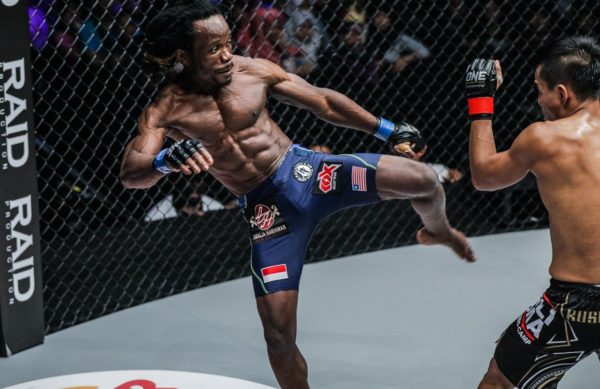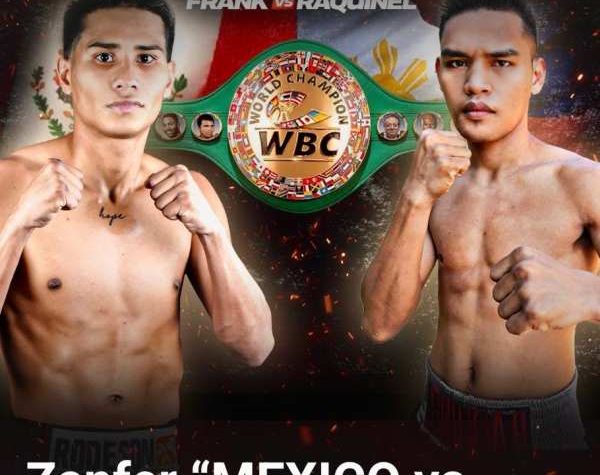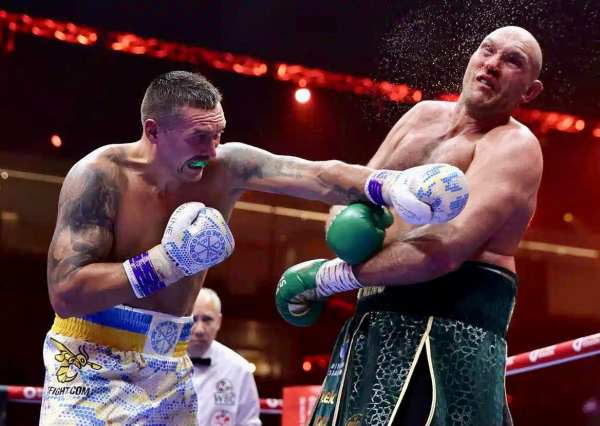
Jerome S. Paye does not remember exactly how old he was when as a boy, he and his older cousins trekked nearly 400 kilometers from the suburbs of the Liberian capital to the Ivory Coast in the east. He just remembers it was terrifying.

The boys, aged between 10 and 15, picked their way through the jungle and minefields at night, surviving the constant threat of an ambush.
Rebels led by Charles Taylor, who was briefly president of the small West African nation and is now locked up in The Hague as a war criminal, were recruiting boys like Paye and his cousins, pressing them to fight in a civil war that raged for seven years until 1996. The war claimed half a million lives.
“That time is a blur,” Paye says. “I do not like to look back. There were some horrible scenes. We saw some things that a kid is not supposed to see. Even now, I do not like to watch war movies. I saw a real war. I do not want to see it again.”
Paye’s story, at least the portions he is happy to share, is riveting. It is a tale of a brave family torn apart by war and strewn to the far corners of West Africa. Spanning years and continents, it was an experience that shaped a man unafraid of risk and eager to take next step.

The tale starts in the late 1980s in Monrovia, the capital of Liberia, a tiny country founded by freed US slaves in the 1820s. Paye’s family is emphatically middle class. His father was a hospital administrator, and his mother stayed home to care for the young Paye and his four siblings. Those were the happy times, he would say.
After the war, he would graduate from College of West Africa high school, an institution nearly as old as the country, and one that has produced many of its leaders, including its outgoing president, Ellen Sirleaf.
When war broke in the late 1980s, the family was not immune. It scattered first, sending their son to the eastern region of Nimba, where his mother had extended family. The rest of the family later picked up and a moved to Guinea, more than 400 kilometers to the north.
“It was a desperate situation,” the 40-year-old flyweight recalls. “We had no other option. People who were way younger than me were fleeing, too. That was real war.”
As conditions deteriorated, Paye slipped into the Ivory Coast and took refuge in the country’s western city of Danane, at a sprawling refugee camp administered by the UN. Conditions were rough: tents, lines for rations, listlessness. The young Paye made friends, eventually living with Ivorians outside of the camp and getting himself to school.

News from the family was rare. His mother sent messages with anyone making the journey to Danane. Sometimes, these were letters. Other times, they were verbal. “Those were the real voice messages. There were no mobile phones then,” said Paye.
Eventually, conditions improved. The war wound down, and after coaxing from his mother, Paye, then barely a teenager, summoned up his courage to run the gauntlet through rebel-held territory, and hitched rides on the back of trucks to return to the capital.
Miraculously, though Paye had lost one brother to illness, the rest of his immediate family had survived. “I was one of the luckiest people in the world,” Paye says. “After all that happened, they were alive.”
After finishing school, it was time to venture forth again. The war had left few options for Paye. So, he saved his money for a plane ticket to Thailand, where his friends were working for an import-export business shipping rice and building materials to West Africa.

He began training at a taekwondo dojo in Bangkok that he happened across one day. There, the young Paye was inspired to work his way up the ranks to achieve a third-degree black belt. But even that was not enough. On the verge of attempting the fourth-degree black belt, he veered towards other martial arts, including Brazilian jiu-jitsu.
“I wanted to do something different,” Paye explains. “I wanted to do something extraordinary, and martial arts would be it.”
Paye now calls himself “Rapid Strike The Predator,” or “RSTP” for short. But back then, as he was taking up BJJ, “RSTP” was humbled. Fellow white belts were light years ahead of him, quickly executing submissions.
“That night I went to bed, and I was thinking, ‘I thought I was so great because I had a third-degree black belt, and this guy beat me,’” Paye says with a chuckle. “From that time on, that was it for me. Something told me to never stop doing Brazilian jiu-jitsu.”
With the company’s office in Indonesia offering better pay and a working visa, Paye made the move. He has since made a new life for himself in Jakarta as a professional martial artist, with the hope of one day becoming a world champion.

Now, on the eve of his sixth match, Paye is confident he will snap his two-bout skid against WBA boxing world champion Yodsanan Sityodtong at ONE: TOTAL VICTORY, live on Saturday, 16 September from the Jakarta Convention Center.
“For me, I do not underestimate anybody. This is martial arts. Anything can happen,” he declares. Six years of boxing training in Indonesia though, will mean the contest will not necessarily go to the floor.
“There is nothing he is going to do that I will be unaware of,” Paye adds. “[Sityodtong] knows I want to take him down, so I need to be prepared for anything. If there is a way to take him down, I am not going to let him stand up until we have finished the match.”
Paye’s amazing story does not end there, and may even come full circle. The Liberain says he mulling a move. The US is one option, and it is something his friends are encouraging. But the thought of moving back to Liberia to open a gym, and bring martial arts to his corner of Africa lights up his face.
“I want to do something for my future and for history,” Paye declares. “Money is ok, but if I bring martial arts back to Liberia, I will be a pioneer. That would be the next step.”





More News
ONE Championship YIELDS NEW WINNERS AT UNBREAKABLE III
One Championship’s Singapore Yields Action-Packed Collision
ONE Championship 4 World Title Fights Announced For ONE INSIDE THE MATRIX On 30 October